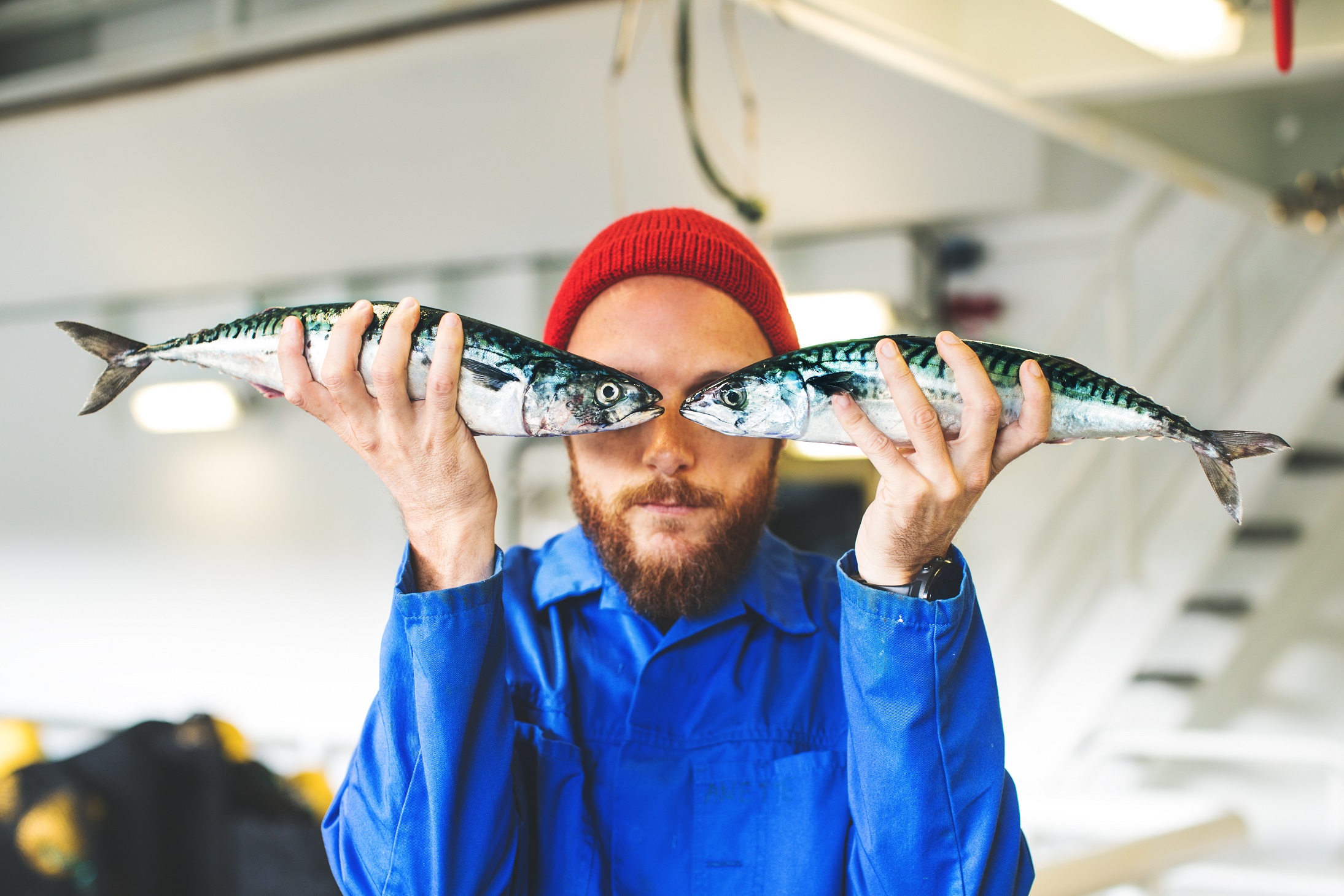Something odd has happened to Iceland’s fisheries. In Icelandic waters, cod numbers have hit a historic high. But rather than taking advantage of this bountiful fishing opportunity, the annual catch has decreased by 45 percent since 1981. Over the same period, the total export value of Icelandic cod products has increased by more than 100 percent. The cause of this peculiar and seemingly contradictory trend is partly explained by Iceland’s Ocean Cluster House or what is commonly referred to as the “Silicon Valley of White Fish.”
Overlooking Reykjavik’s harbor, Ocean Cluster House is home to 120 new marine start-ups, all of which are focused on “100 percent fish utilization.” In other words, they are businesses developing ideas that use fish meat, oil, skin, bones and intestines, to draw value out of produce that would otherwise be trashed. “From one cod we can maybe get $12 for the fillet. But if we use the whole round we can get $3,500 for each cod,” explains Ocean Cluster’s founder, Thor Sigfusson. The “value-added approach challenges the notion that a fish’s primary purpose is a fillet,” he notes.
Sigfusson objects to those who believe that “fisheries around the world need more fish to catch.” Instead, he argues that fishermen must reduce waste by utilizing the 55 to 60 percent of the fish that currently remains unused. Thanks to human ingenuity “you can do more with less,” Sigfusson explains. Here are just some of the innovative ideas that are revolutionizing the Icelandic fishing industry and proving human ingenuity can add value to previously unutilized materials and processes:
- Penzim – a gel product made with enzymes from fish intestines; softens and heals damaged skin, and eases joint pain.
- Alda – a lemon-flavored health drink developed using marine collagen.
- Dropi – transformed smelly cod liver medicine into a freshly squeezed luxury good Omega 3 supplement.
- Kerecis – makes medical bandages from cod skin. Treats wounds, burns and other tissue damage – including treating diabetic foot wounds that could otherwise become infected, resulting in amputation.
- Omega3 Pectus – Kerecis is also working on a product to be used in breast reconstruction, replacing the nylon support string, with fish skin.
- Reykjavik Foods – making canned fished into a luxury good by adding truffles and high-end packaging.
- Dried fish heads, and fish carcass lamps – Ocean Cluster House sells dried fish heads for $8 in their souvenir shop, serving the niche tourist market.
- Fish jerky – the onsite store now sells this unique type of jerky.
- Feel Iceland – a company focusing on anti-aging cosmetic products made with marine collagen and enzymes.
- The Cherry Tree – an art and design store selling clothing and accessories made from fish skin, including bags, belts and bowties.
Ocean Cluster House has begun to spread these efficiency-enhancing practices globally and has its eyes on North American markets, where it is currently estimated that between 40 percent and 47 percent of edible seafood is wasted. Iceland now utilizes 80 percent of each cod that is caught.
Change seen in the Icelandic fishing industry is just one example of the pioneering ways that human ingenuity can create more jobs and add greater value while using fewer or previously unutilized resources. As humanity becomes more educated, interconnected and innovative, other sectors are likely to undergo similar changes, making all of our lives more prosperous.





